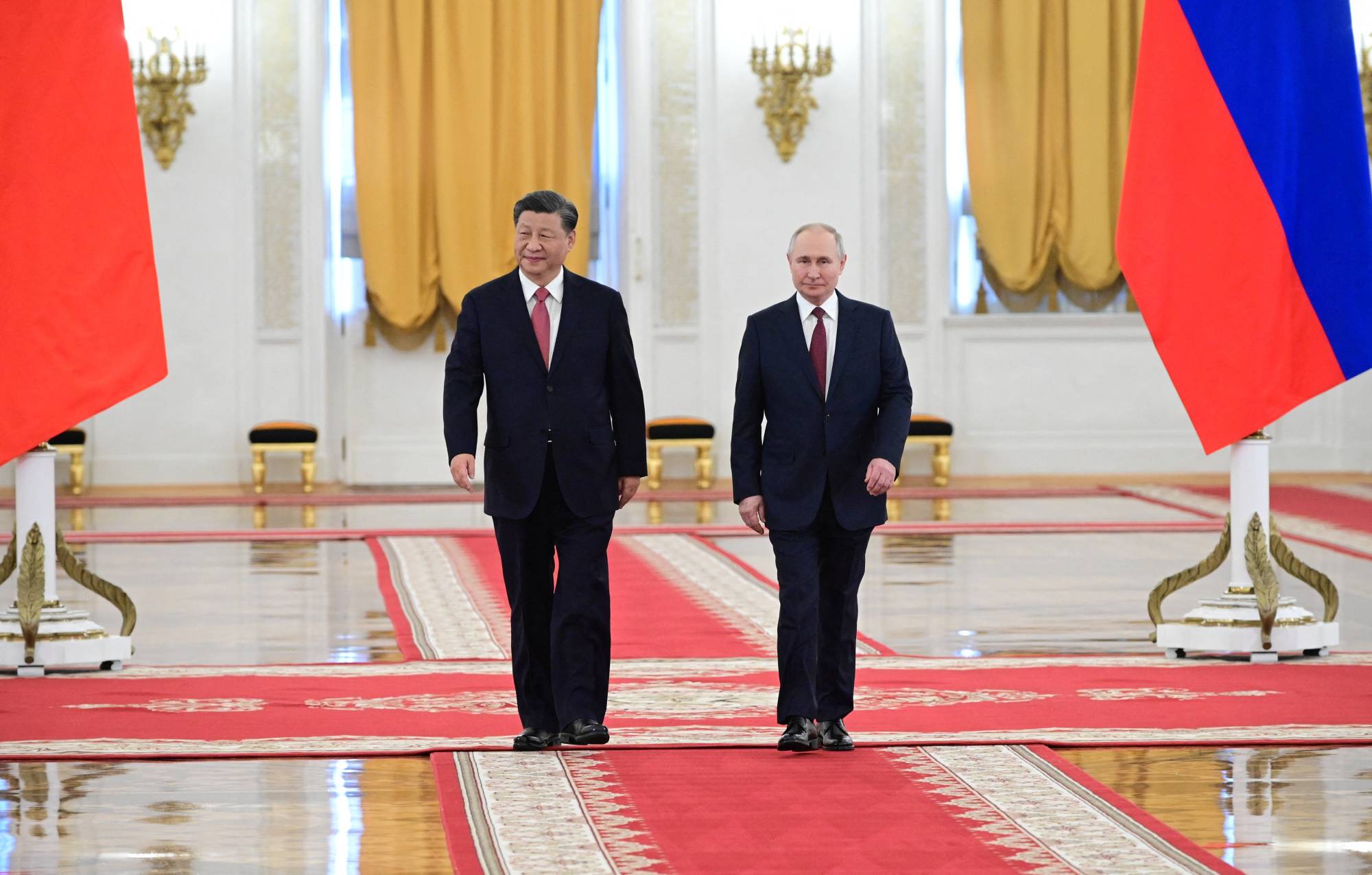While the conflict in Ukraine has provided China’s military with valuable insights into modern warfare, Beijing is drawing mixed geopolitical lessons about the risks of using force, the limitations of Western sanctions and the challenge of a direct clash with the U.S. and its allies.
Although China now has greater access to Russian resources, markets and military technology, its steadfast refusal to condemn the Ukraine invasion and distance itself from Moscow has further strained ties with the West.
This is particularly the case with Europe, which has not only grown closer to the United States but also to U.S. allies in Asia, especially Japan.



















With your current subscription plan you can comment on stories. However, before writing your first comment, please create a display name in the Profile section of your subscriber account page.